If you cut across the diameter of an apple you will see a five- pointed star at its centre. Many of the blossoms that turn into the vegetables and fruits that we eat are also shaped like five pointed stars. To the Mercy Centre for Ecology & Justice, the five pointed star is a symbol that we are all connected in a reciprocal relationship with nature and the universe.
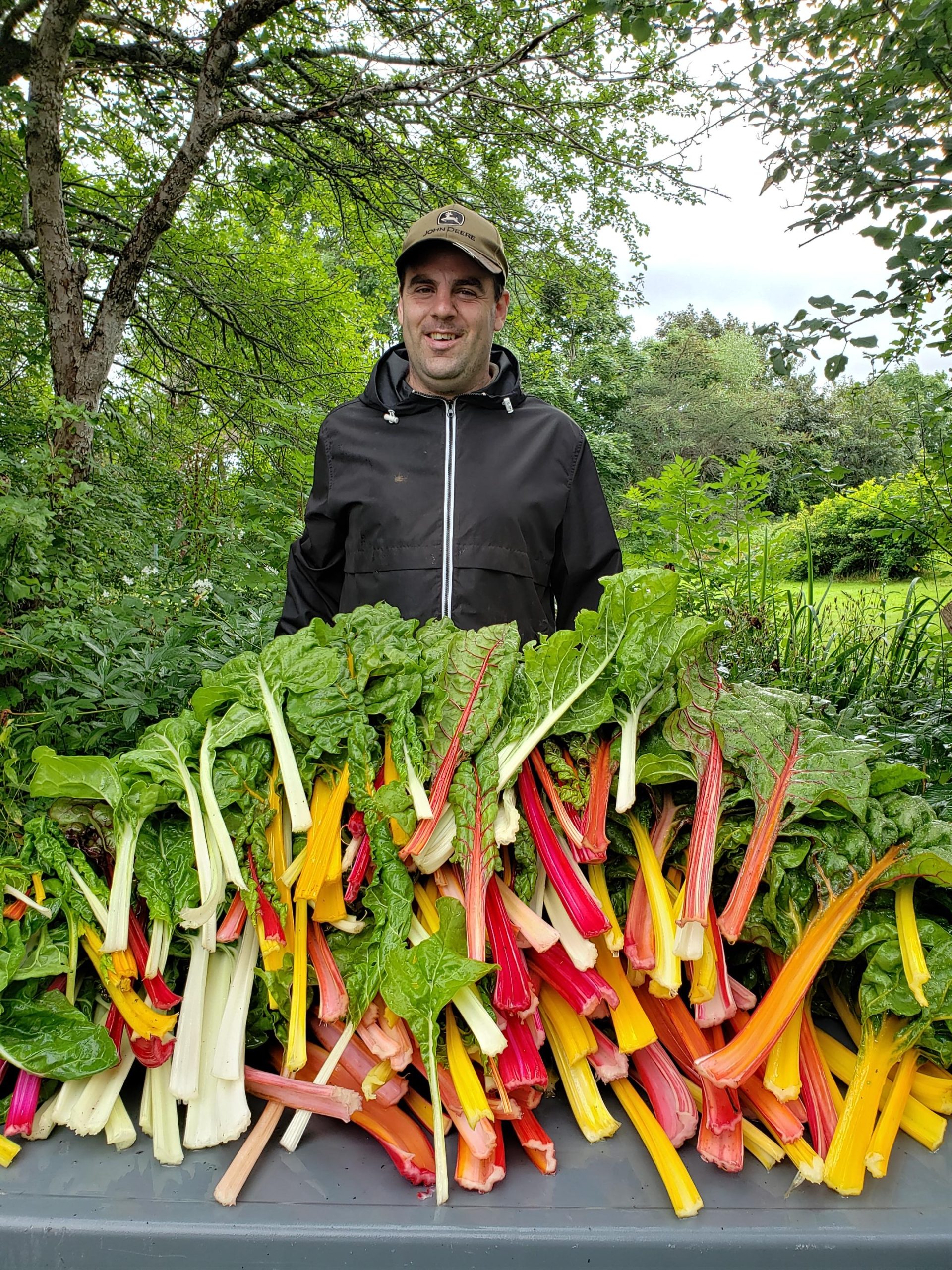
The mission of the Mercy Centre for Ecology & Justice is to promote the interconnectedness and interrelatedness of all creation and to live in a spirituality flowing out of the sacredness of all creation.
From its beginnings in 2003, the Mercy Centre quickly identified a need to connect low-income families in the St. John’s area with fresh, healthy locally grown produce. Organizers also saw the opportunity to engage youth in growing food. The result has been a six year community gardening initiative that is still thriving today. Mercy Centre organizers see physical connection with the land as a practical expression of their mission.
“The first purpose was to engage youth in organic gardening so that they could learn the skills of gardening; skills that were traditionally known to their elders but were being lost”, reflects Sister Mary Tee, coordinator of the Mercy Centre for Ecology & Justice. “The second purpose then was to engage youth so that they could experience what it means to be a contributing member of the larger community and help feed those in need. The third purpose was to offer a healthy respect and appreciation for the land so that youth could see themselves as part of all creation and all creation as part of them; and then with such awareness of the mysteries and miracle of life in a tiny seed, a greater wisdom and consciousness could be found.”
Over the years thousands of pounds of fresh food have been donated to food banks and meal programs by the Mercy Centre’s gardeners. This was made possible by the generous support of several farmers in the area who shared their acreage and contributed their expertise. From 2003 – 2009, prior to the Mercy Centre establishing its current home on Mount Scio Road, garden land was donated by farmers Colin Lester, Hector Williams, Robert Walsh, and the Searl Family.
Starting in 2006 the Mercy Centre began partnering with the Association for New Canadians (ANC) to provide access to land to participants in the Association’s language training program, many of whom were new residents to Canada who brought with them a wealth of knowledge on food production. That relationship continues today and ANC participants often visit to tend their plants, harvest fresh food for their families, and participate in events like presentations and workshops on food security and food skills given by the Food Security Network(FSN). In 2012 a new initiative was started called Growing Health, a partnership with Nature NL to connect consumers of mental health services with gardening at the Mercy Centre, based on the belief that working in and with nature does wonders for the mind, body, and soul. Through the project dozens of new visitors have experienced what the Mercy Centre has to offer. A new greenhouse and composting toilet were added in 2012.
The Mercy Centre for Ecology & Justice offers other impactful programs beyond the garden, including public education on the New Universe Story, a three-week nature-based summer camp for children, an annual fair trade Ten Thousand Villages Sale, and a youth choir that addresses social justice issues called Music and Song to Right the Wrongs. To support all of that amazing work, the Mercy Centre for Ecology and Justice formed its first Board of Directors in 2012.
Article courtesy of the Food Sharing Network


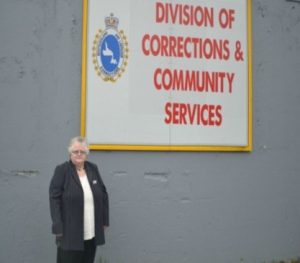 Many of the people with whom I journey are marginalized by the stigma of mental illness. This may manifest itself as depression, bipolar disorder, schizophrenia, anxiety, or personality disorders. The stigma coupled with SHAME is cited as the number one reason why individuals do not seek help. In late April 2023, I journeyed with a woman whom I referred to as “the woman in the tent.” Amidst freezing cold temperatures, she chose to sleep in a small pup tent by our Basilica because she felt safe there. I kept showing up until I won her trust, learned her name and was able to see her move to better accommodations where she felt safe once more.
Many of the people with whom I journey are marginalized by the stigma of mental illness. This may manifest itself as depression, bipolar disorder, schizophrenia, anxiety, or personality disorders. The stigma coupled with SHAME is cited as the number one reason why individuals do not seek help. In late April 2023, I journeyed with a woman whom I referred to as “the woman in the tent.” Amidst freezing cold temperatures, she chose to sleep in a small pup tent by our Basilica because she felt safe there. I kept showing up until I won her trust, learned her name and was able to see her move to better accommodations where she felt safe once more.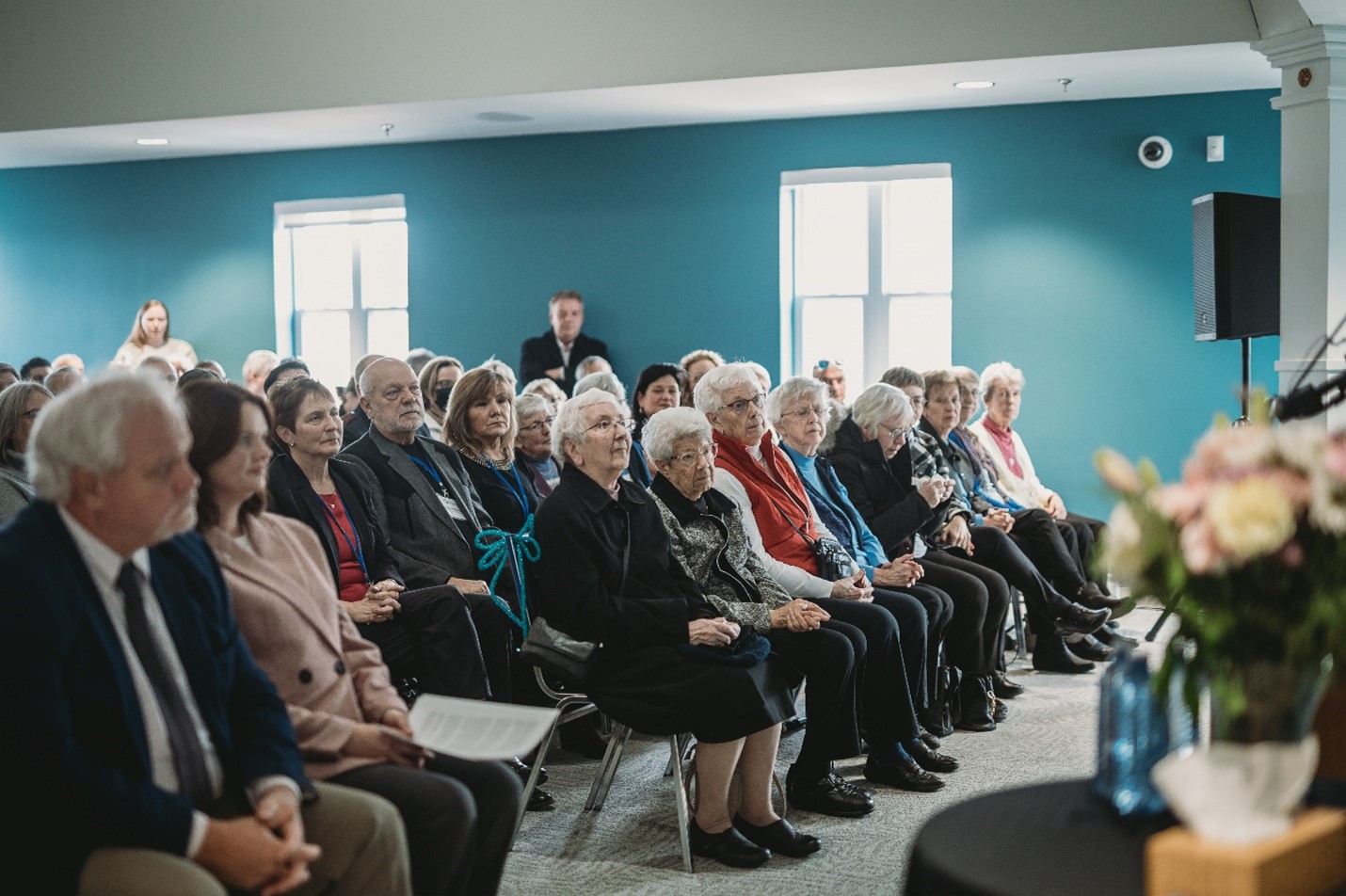
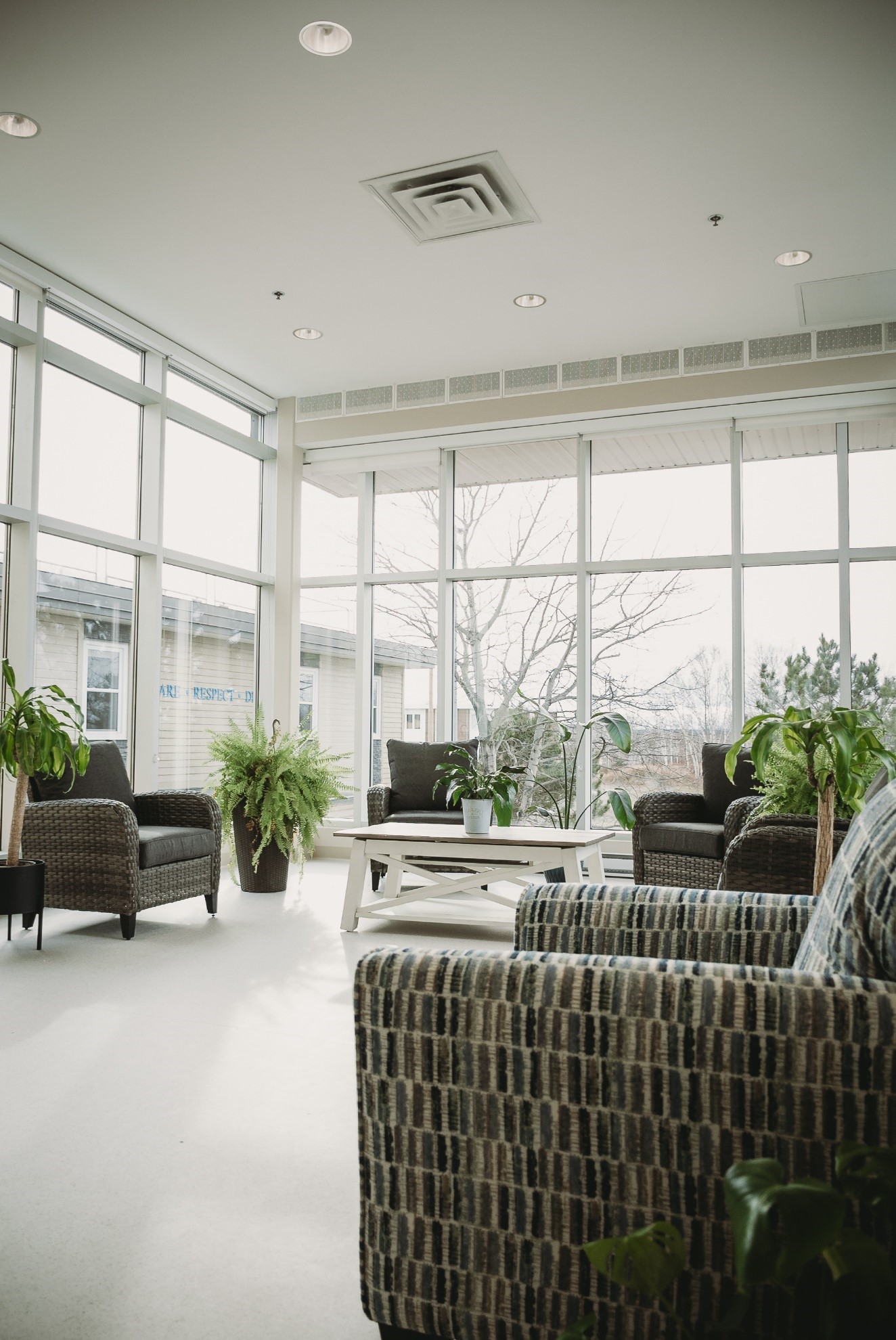

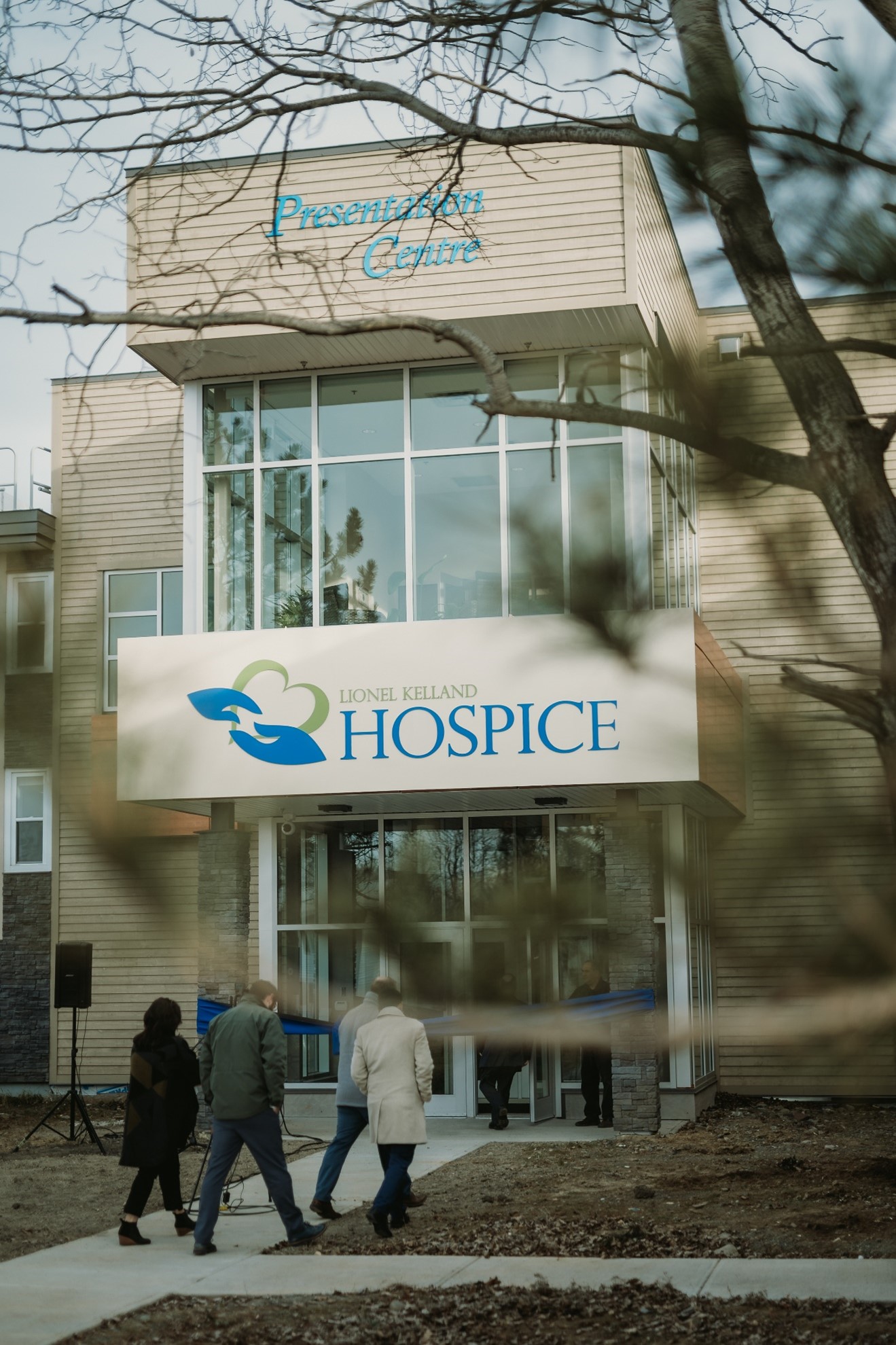
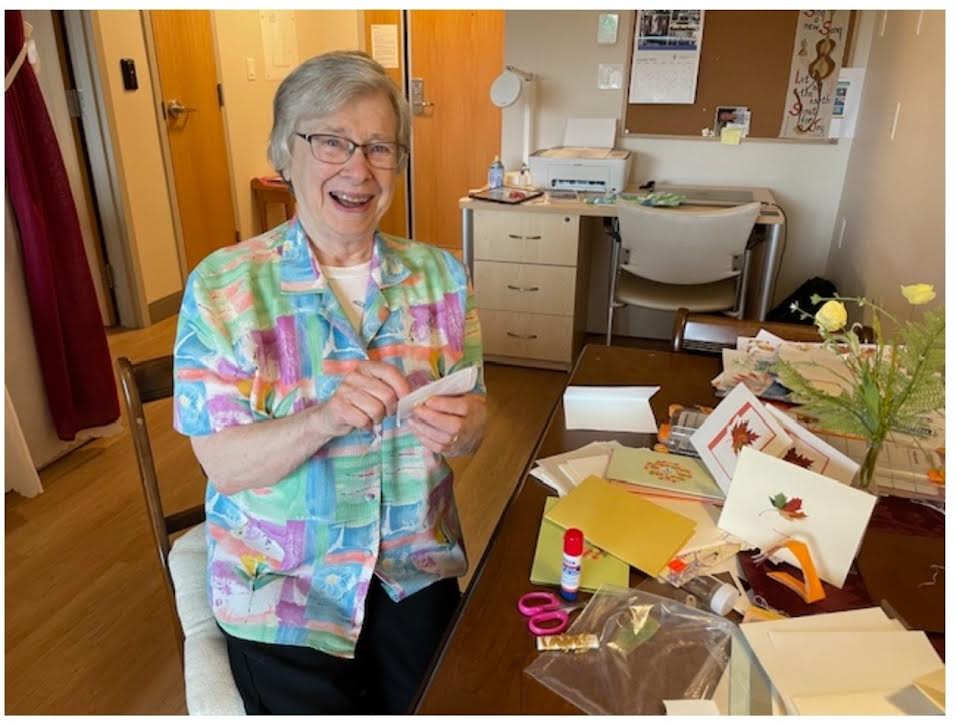



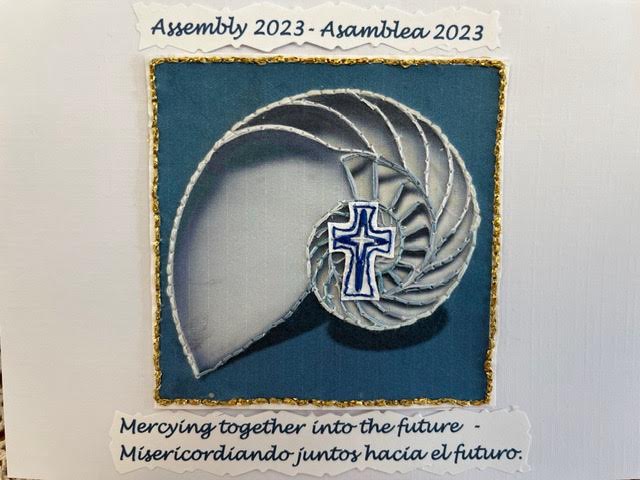




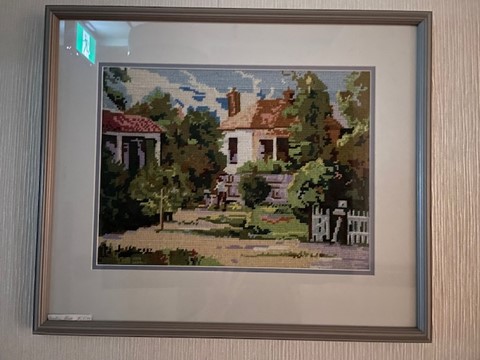

 The purpose of this study was to trace the work of the sisters of Mercy in Newfoundland in the field of business education. The Sisters began their work in the late 1800’s, when they first introduced business education courses into the curriculum of their convent schools. Their work continued until the mid-1900’s, when they began phasing out the formal business education programs which they had developed over the years in their schools. Their activities in this area constitute an important and lasting contribution to the field of business education. There has been no previous in-depth scholarly investigation into this aspect of the Sisters’ work. Therefore, a study of the Sisters’ contribution to this field is long overdue.
The purpose of this study was to trace the work of the sisters of Mercy in Newfoundland in the field of business education. The Sisters began their work in the late 1800’s, when they first introduced business education courses into the curriculum of their convent schools. Their work continued until the mid-1900’s, when they began phasing out the formal business education programs which they had developed over the years in their schools. Their activities in this area constitute an important and lasting contribution to the field of business education. There has been no previous in-depth scholarly investigation into this aspect of the Sisters’ work. Therefore, a study of the Sisters’ contribution to this field is long overdue.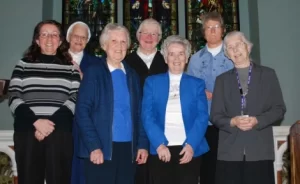
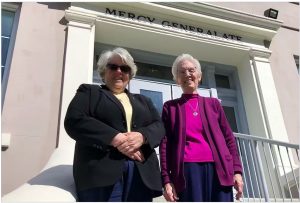
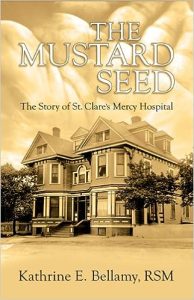 Since 1842, the Sisters of Mercy had been ministering to the sick, poor and needy of St. John’s, thus when this established tradition of care was redirected toward hospital patients it was not difficult for St. Clare’s to live up to the motto “Mercy Above All.” Accordingly, St. Clare’s became home to Newfoundland’s first alcohol and detoxification centre and its first palliative care unit, and absorbed the chronic care of tuberculosis patients following closure of the city’s sanatorium; from 1922 until the obstetrics unit closed 70 years later, 83 000 babies were delivered…”
Since 1842, the Sisters of Mercy had been ministering to the sick, poor and needy of St. John’s, thus when this established tradition of care was redirected toward hospital patients it was not difficult for St. Clare’s to live up to the motto “Mercy Above All.” Accordingly, St. Clare’s became home to Newfoundland’s first alcohol and detoxification centre and its first palliative care unit, and absorbed the chronic care of tuberculosis patients following closure of the city’s sanatorium; from 1922 until the obstetrics unit closed 70 years later, 83 000 babies were delivered…”